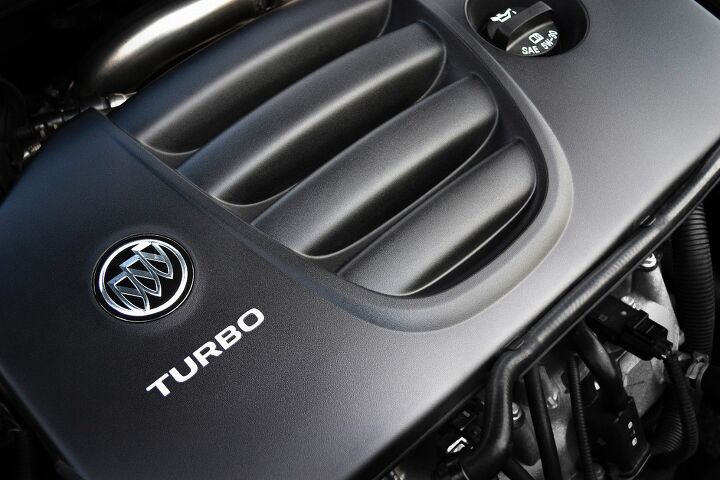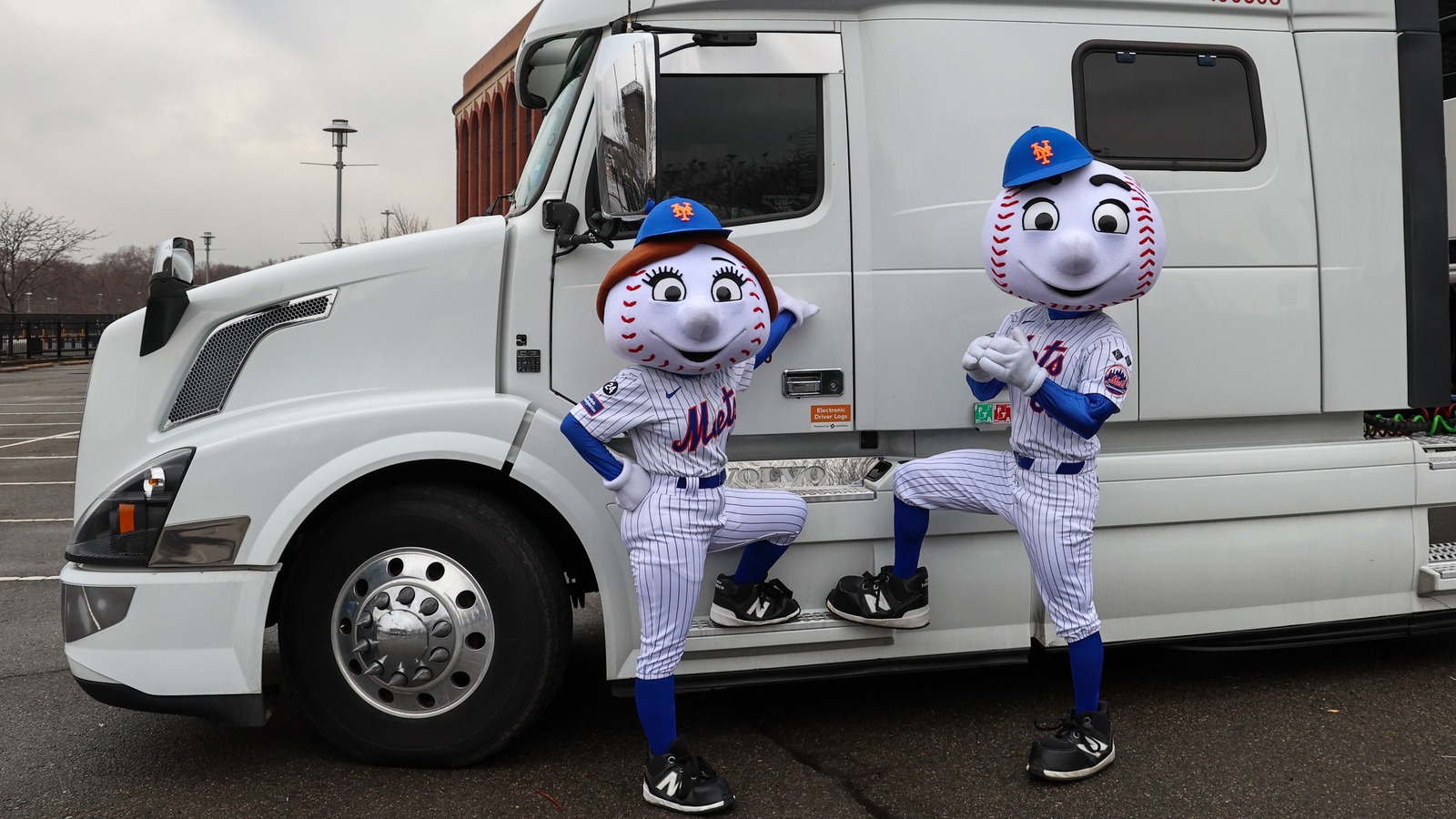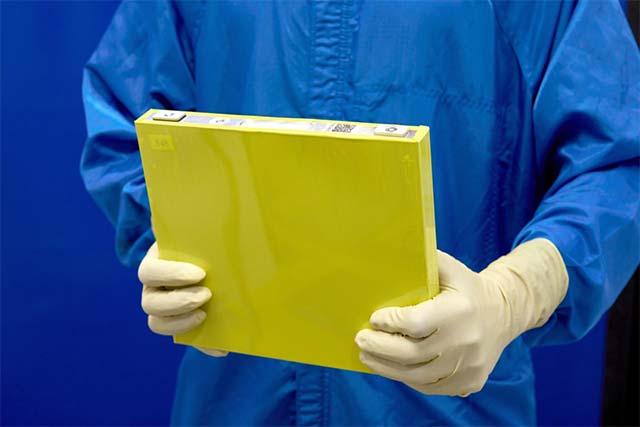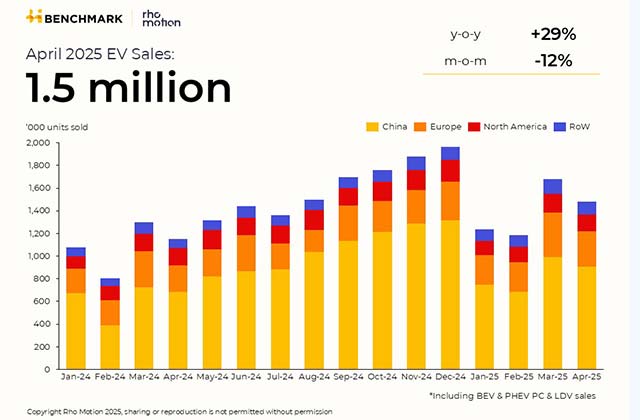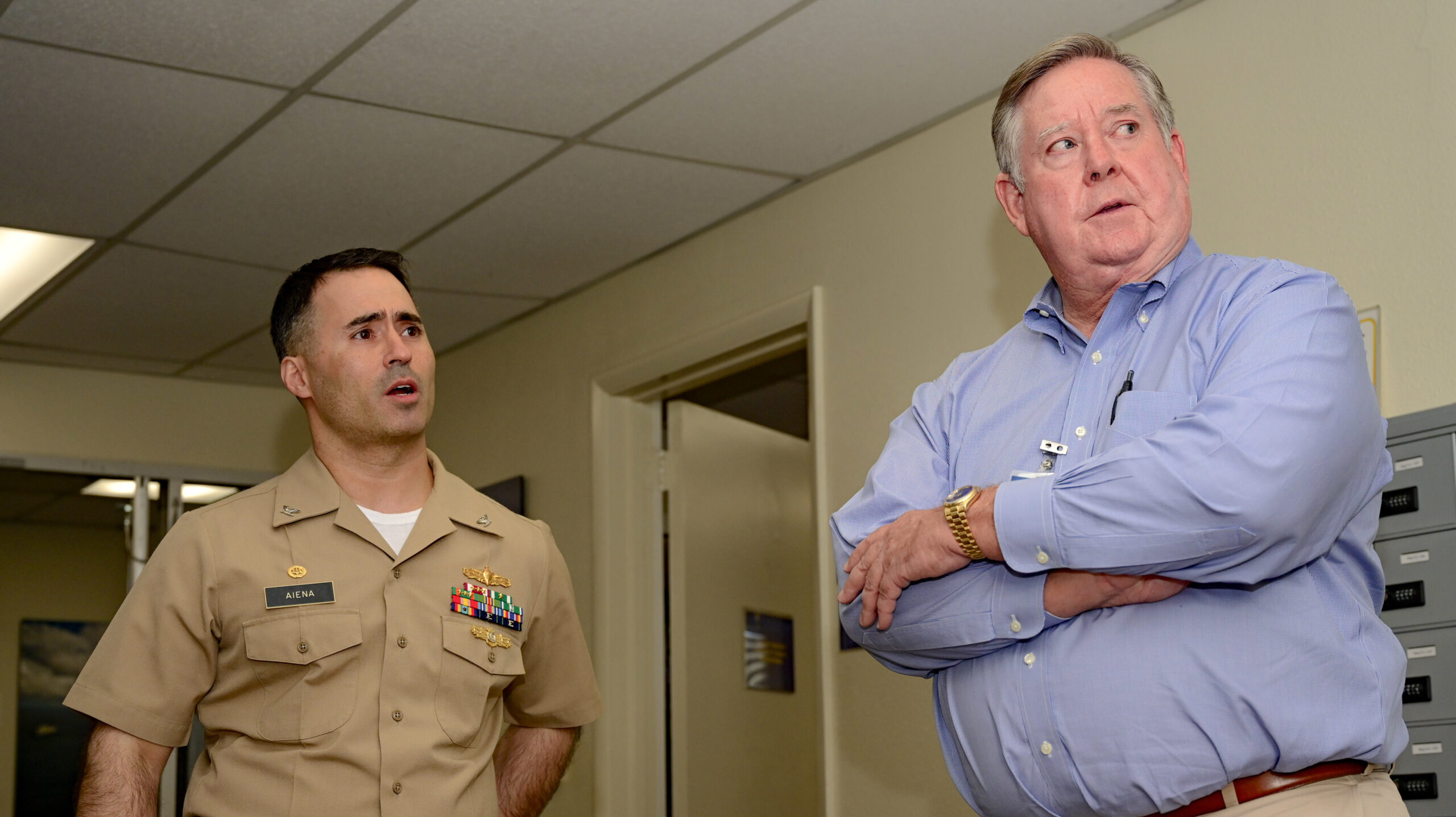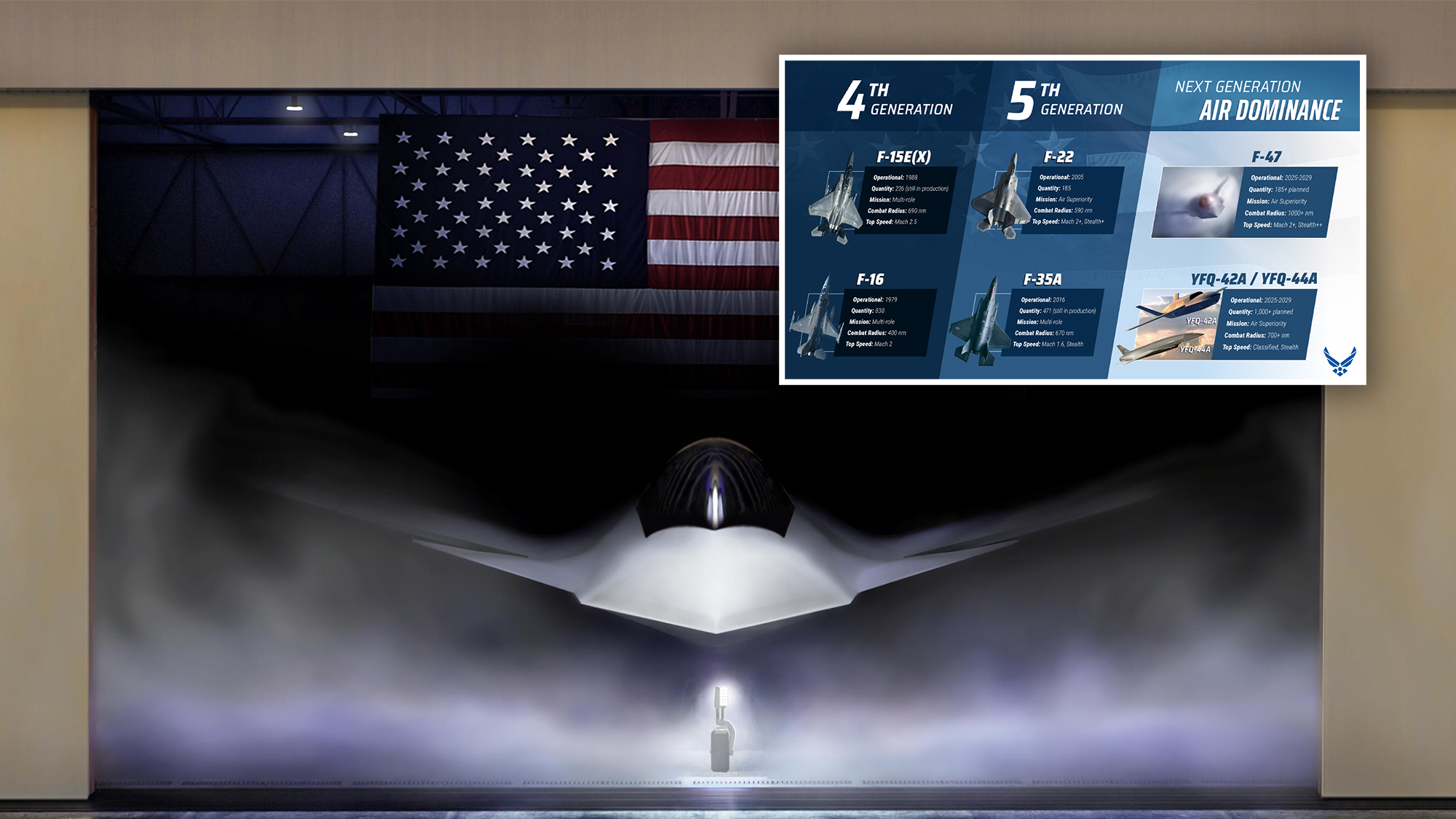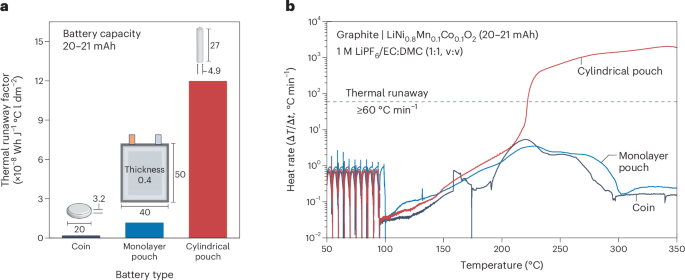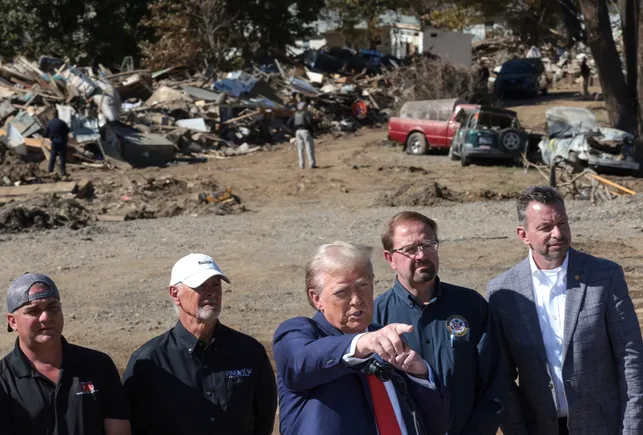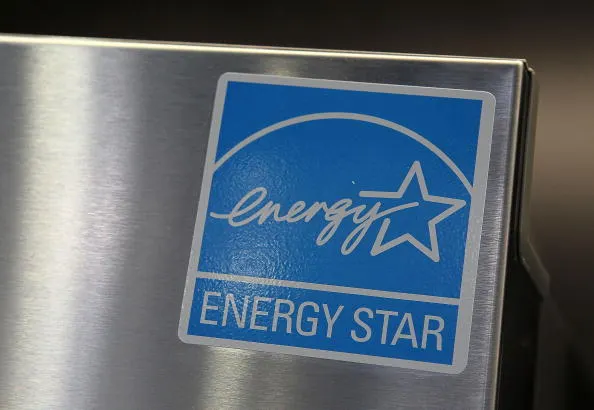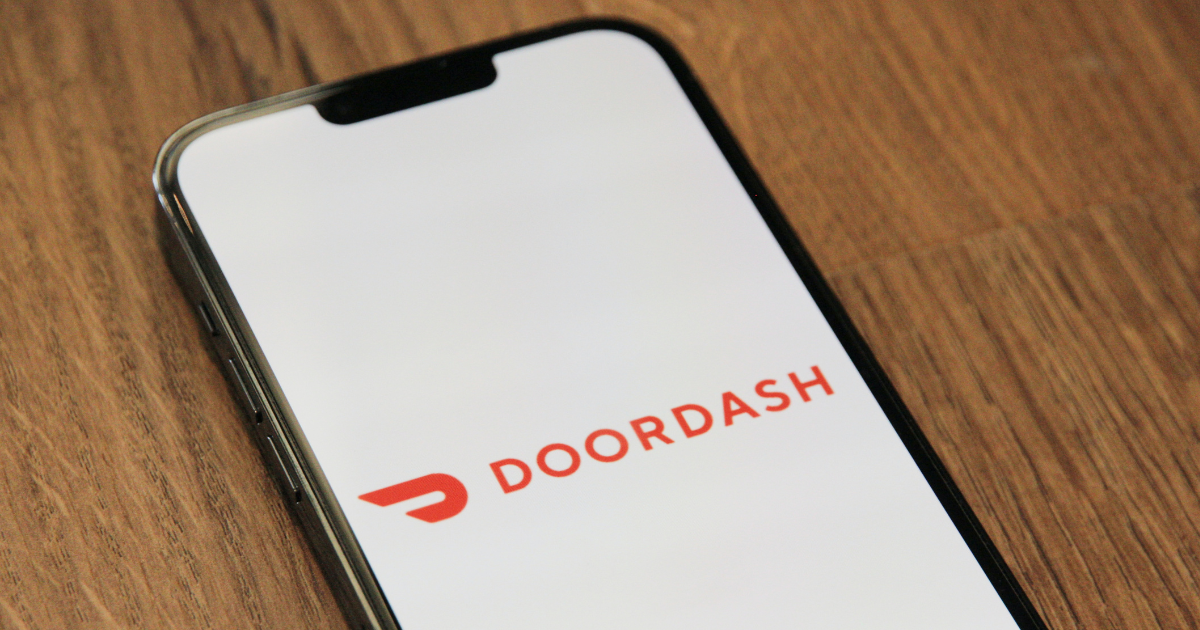FDA Initiates Major Eye Drop Recall, Consumers Urged To Discontinue Use Immediately
Several over-the-counter eye drops are under recall.

The U.S. Food and Drug Administration (FDA) has announced an urgent recall of several over-the-counter eye drops used to relieve dry, irritated eyes.
Pharmaceutical distributor AvKARE was notified by the firm, BRS Analytical Services LLC, regarding a manufacturing issue with its products. The recall was issued as a result of manufacturing issues that “may lead to products of unacceptable quality, and it is not possible to rule out patient risks resulting from use of these products.”
If customers possess any of the affected eye care products, the notice recommends they stop using them right away. According to AvKARE, the FDA is aware of the retraction. However, the specific health risks linked to the affected items haven’t been determined yet.
The affected products were shipped from May 26, 2023, to April 21, 2025, AvKARE said. These include:
- 13,104 cases of Lubricant Eye Drops Solution; national drug code (NDC) 50268-126-15
- 32,876 cases of Carboxymethylcellulose Sodium Ophthalmic Solution; national drug code (NDC) 50268-068-15
- 14,333 cases of Polyvinyl Alcohol Ophthalmic Solution; national drug code (NDC) 50268-678-15
- 1,610 cases of Carboxymethylcellulose Sodium Ophthalmic Gel 1%; national drug code (NDC) 50268-066-15
- 13,872 cases of Artificial Tears Ophthalmic Solution; national drug code (NDC) 50268-043-15
Buyers who may have these products in their inventory should complete a “Quality to Return” form attached to the recall notice and follow the instructions for the products’ return. The status of the recall remains ongoing per the FDA.
The company said in a statement, “We will issue full credit, including shipping cost, for any returns. If you have any questions on this matter, please contact us. We regret any inconvenience that this may cause.”
Voluntary recall issued for eye drops sold nationwide https://t.co/CbRe5VSEsS pic.twitter.com/xI6R5nrNkz— Eyewitness News (@ABC7NY) May 13, 2025
Before this most recent eye drop retraction, a separate manufacturer, Alcon Laboratories, issued a voluntary recall on December 23, 2024, of Lot 10101 of Systane Lubricant Eye Drops Ultra PF due to fungal contamination, according to the Sjögren’s Foundation and the Food and Drug Administration (FDA).
How Does the FDA Issue a Recall? Here’s What Happens
When the U.S. Food and Drug Administration (FDA) issues a recall, it’s usually because there’s a potential health risk, and the goal is always consumer safety. Most recalls start with the manufacturer.
In many cases, companies voluntarily recall products after discovering an issue, whether it’s contamination, labeling errors, or something more serious. Once the company notifies the FDA, the agency steps in to oversee the process and make sure the public is informed of any potential risks regarding the product.
Thus, if the FDA believes a product is especially risky, it can request a recall directly. This usually happens if the manufacturer doesn’t act quickly or if the issue poses a serious health threat.
Recalls are classified into three categories:
- Class I: High risk, or products could cause serious health problems or death.
- Class II: Moderate risk, such as temporary health issues.
- Class III: Low risk involves labeling issues or minor defects.
There are also Market Withdrawals, which occur when a product has a minor violation that would not be subject to FDA legal action. The firm removes the product from the market or corrects the violation. For example, a product removed from the market due to tampering, without evidence of manufacturing or distribution problems, would be a market withdrawal.
Additionally, Medical Device Safety Alerts are issued in situations where a medical device may present an unreasonable risk of substantial harm. In some cases, these situations are also considered recalls.
Once a recall is underway, the FDA posts details on its website, notifies the public, and often works with retailers to ensure affected products are removed from store shelves. Recalls are about protecting consumers. Although they sound alarming, they’re a sign that the problems are being addressed before they become widespread.













